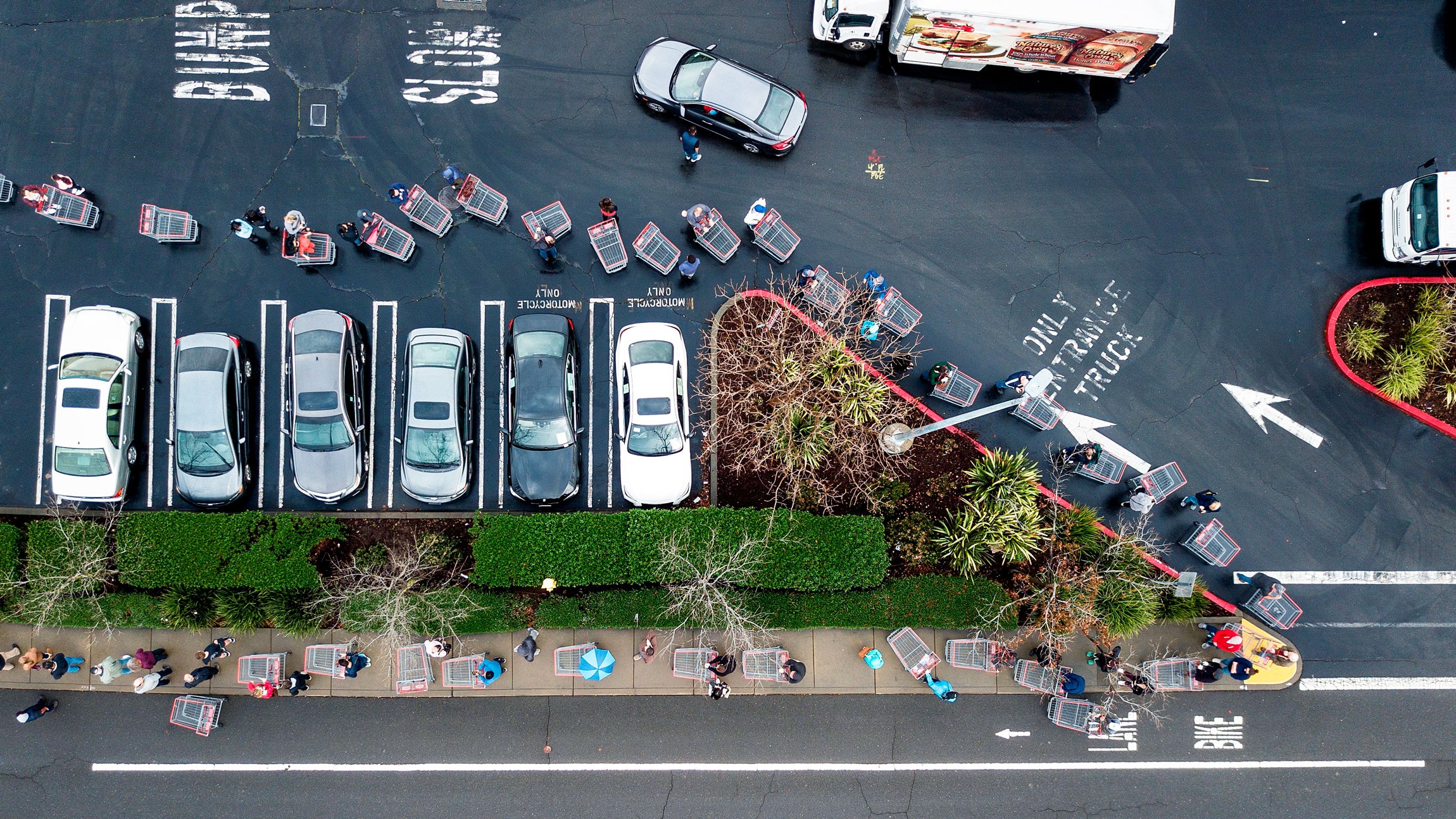Mass panic unlikely during pandemics

Two short articles, one by Matt Simon in Wired and another by Benedict Carey in the New York Times, summarize scientific research that illustrates why mass panic is unlikely in this pandemic situation.
Studying the trope of the panicked populace goes back to the fearful days of the Cold War. The federal government paid for researchers to look at how people behave before, during, and after a disaster. “Their general notion was that people would fly to pieces, that people would panic, they would fight, they would loot,” says Knowles. And that society was basically one missile warning away from total chaos. The sociologists found again and again and again and again that that was just completely wrong, that people are mostly pro-social in a disaster and they don’t panic. They help each other, they seek out information.
Wired, 03.18.2020
The research suggests that if you let people decide for themselves how to react, you’ll get two problematic trends: a majority taking progressively more risks with time, and a small minority exhibiting panic-like behaviors, buying out supplies.
Interview with Ido Erev, professor of behavioral science and management at Technion-Israel Institute of Technology, Haifa, Isreal
The New York Times, 03.18.2020



